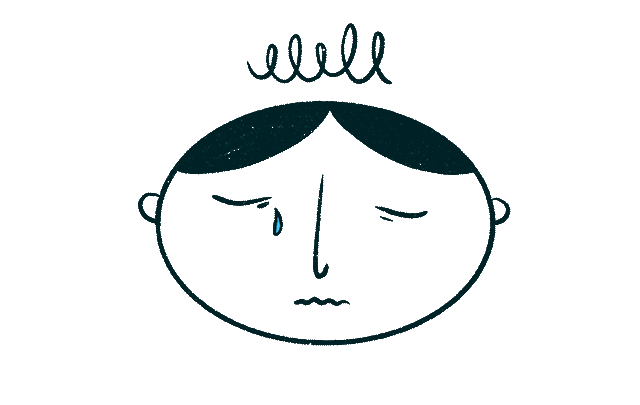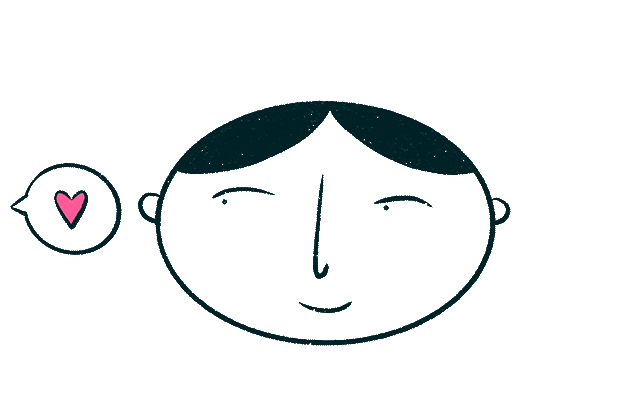Mental Health Therapy
When you go through something as traumatic as being diagnosed with something like heart failure, it changes your entire life. My first taste of this was when I suffered a second stroke when I was 30 years old. After spending the Christmas and New Years holidays in the hospital the doctors finally figured out I was in advanced heart failure.

I had been diagnosed with dilated cardiomyopathy when I was 25, and the doctors told me that it could lead to heart failure one day. Because I was so young we all thought that I had time before the heart failure diagnosis. Going through all of this had me down, and depressed, and left me with anxiety. This led me to get help for my mental health. So in this article, I wanted to talk about the process.
Mental health is essential just like the physical health of your body. That is why it is important for us to treat it when there is something wrong.
Realizing I may need support
I did not think anything was wrong with me, but my mom noticed immediately when I was in the hospital. I had been in the hospital for 2 months which worsened how I would feel daily. Some days I would be up and smiling and other days I would just become despondent. Even when the hospital therapists came to see me I refused because I was in denial.
It was not until the doctors discharged me, and I was home, and did not have people coming to visit me at all hours, that I realized there was a problem.
With some encouragement, I scheduled an appointment to see a therapist.
Starting therapy in my heart failure journey
The first therapist that I went to see made me feel good about myself. I told her about my experiences from the 2nd stroke that occurred. About the therapy that was needed to get me back to functioning like a grown adult like how to walk again, talk again, and do things independently.
The therapist kept telling me how brave I was to withstand everything that I had been through. During that time I had the LVAD, and was living a life full of denial, and it felt good to have someone to talk to who not only did not know me but someone who was not there to judge. After a while, I stopped going to her, until I realized that I had social anxiety.
When I realized this, I knew what I had to do. By this time my insurance had changed so I had to go to someone different and their protocols were different. So I scheduled an appointment and they told me that a nurse would be contacting me.
A different process with a different therapist
Before you could speak to a therapist the nurse does an initial screening in which they ask you questions to get a feel of what you need. My heart was racing and my hands were sweaty as I spoke to a nurse on the phone.
She asked me questions like, "Why are you considering therapy now?" and "What do you look for in a therapist?" She was very nice and soft-spoken so I felt comfortable answering those questions with her. I told her what I had experienced and she was very receptive. She scheduled me with an African-American woman because, for me, being connected to someone who can identify with me was important.
Starting our sessions
I told her about how I would freeze up when speaking, and start getting hot when speaking to anyone, and how bad my anxiety had gotten. She asked me what made me feel uncomfortable and I told her when people ask "what do you do?" At the time I was still on disability trying to find my way in life and I hated being around people that I did not know because that subject always came up.
The first thing she decided to do is give me homework assignments like to write 5 positive things about myself before going out where I had to speak to people. She wanted to give me the confidence to start speaking more and she told me to talk to at least 2 people. I began doing that, and suddenly I could speak without getting anxious.
Caring for our mental health is important
Mental health is very important and sometimes it takes someone else looking in and seeing that you are not yourself. I think it is very important when you are looking for a therapist to get someone you feel comfortable with. Nothing is too much for anyone to understand and there are plenty of professionals that you could talk to.
You are never in this alone. Never be scared to say you have a problem. Speaking to a therapist really helped me.
Join the conversation